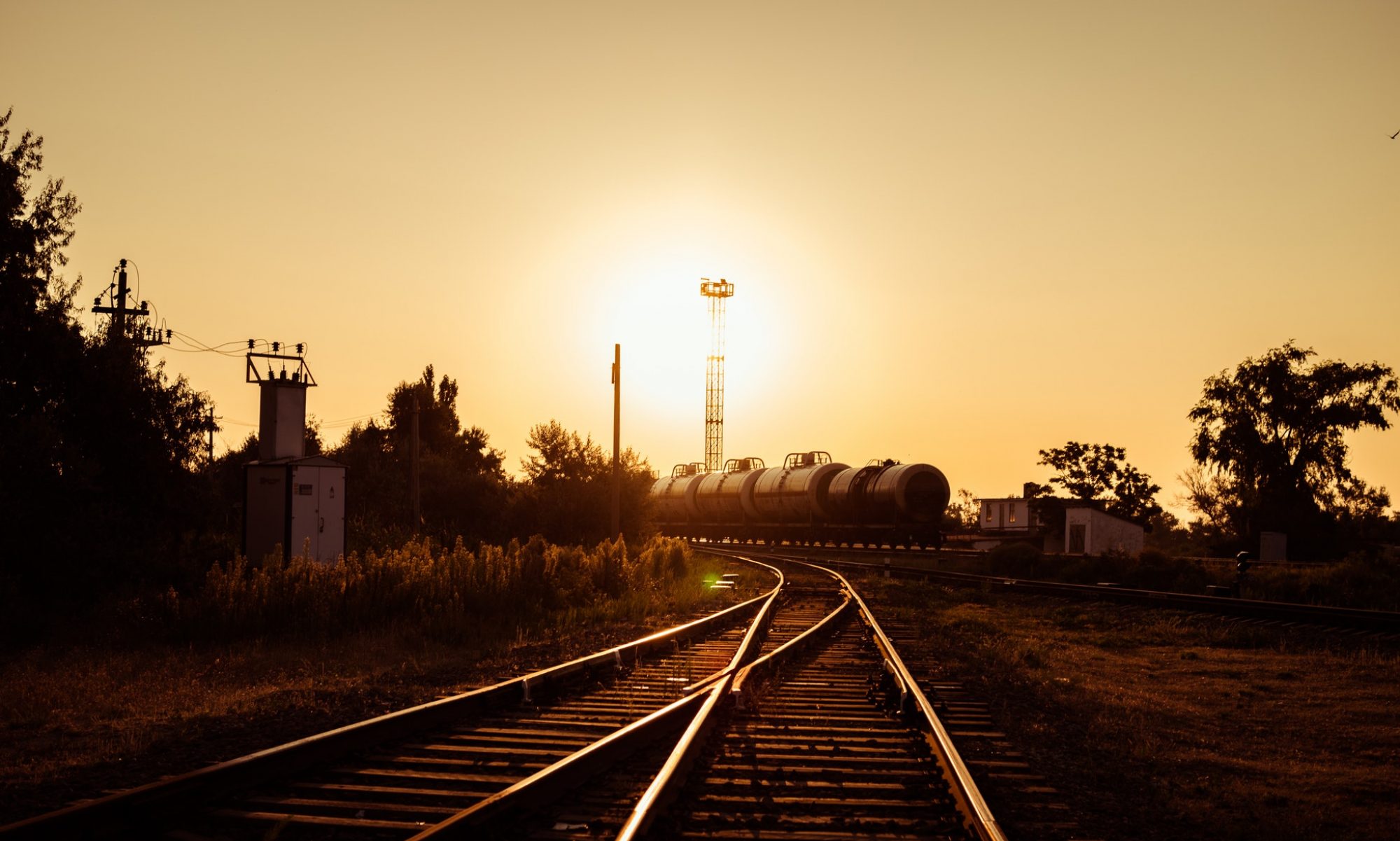Yle published an article “Ilmastonmuutos muuttaa Euroopan suhdetta ydinvoimaan, ja se kelpaa venäläisjätti Rosatomille” (“Climate change is changing Europe’s attitude towards nuclear power, and it is good for the Russian giant Rosatom”) on 3d of March. The article contents an interview with Rosatom’s First Deputy Director General for Corporate Development and International Business Kirill Komarov and Veli-Pekka Tynkkynen’s comments given to the Ulkopopolitiikka in 2015. Professor Tynkkynen
estimates that Rosatom’s trump card is its status as a state-owned company.
“Rosatom can even sell nuclear power at a loss. Economically, such an actor is, of course, in the best interests of its private-owned competitors”
The new article can be read at Yle website.
